The following is the first of a three-part series. Teachers in Title I urban schools inhabit a unique place in society unlike most other professions. Title I schools are schools


CRITICAL THEORY | SOCIAL ANALYSIS | POLITICAL PHILOSOPHY AND THEOLOGY

The following is the first of a three-part series. Teachers in Title I urban schools inhabit a unique place in society unlike most other professions. Title I schools are schools

The Great Global Covid-19 Pandemic has functioned in recent weeks as a gigantic, media-tinged Rorschacht ink blot upon which anyone and everyone is invited to project both their deepest political
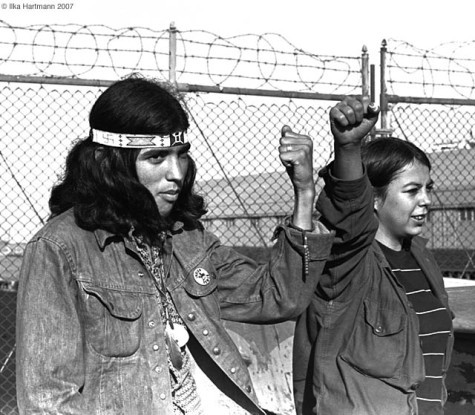
In my previous post, I discussed some of the parodic qualities by which the notion of madness occurred in the generation following Horkheimer and Adorno’s Dialectic of Enlightenment. Many readers
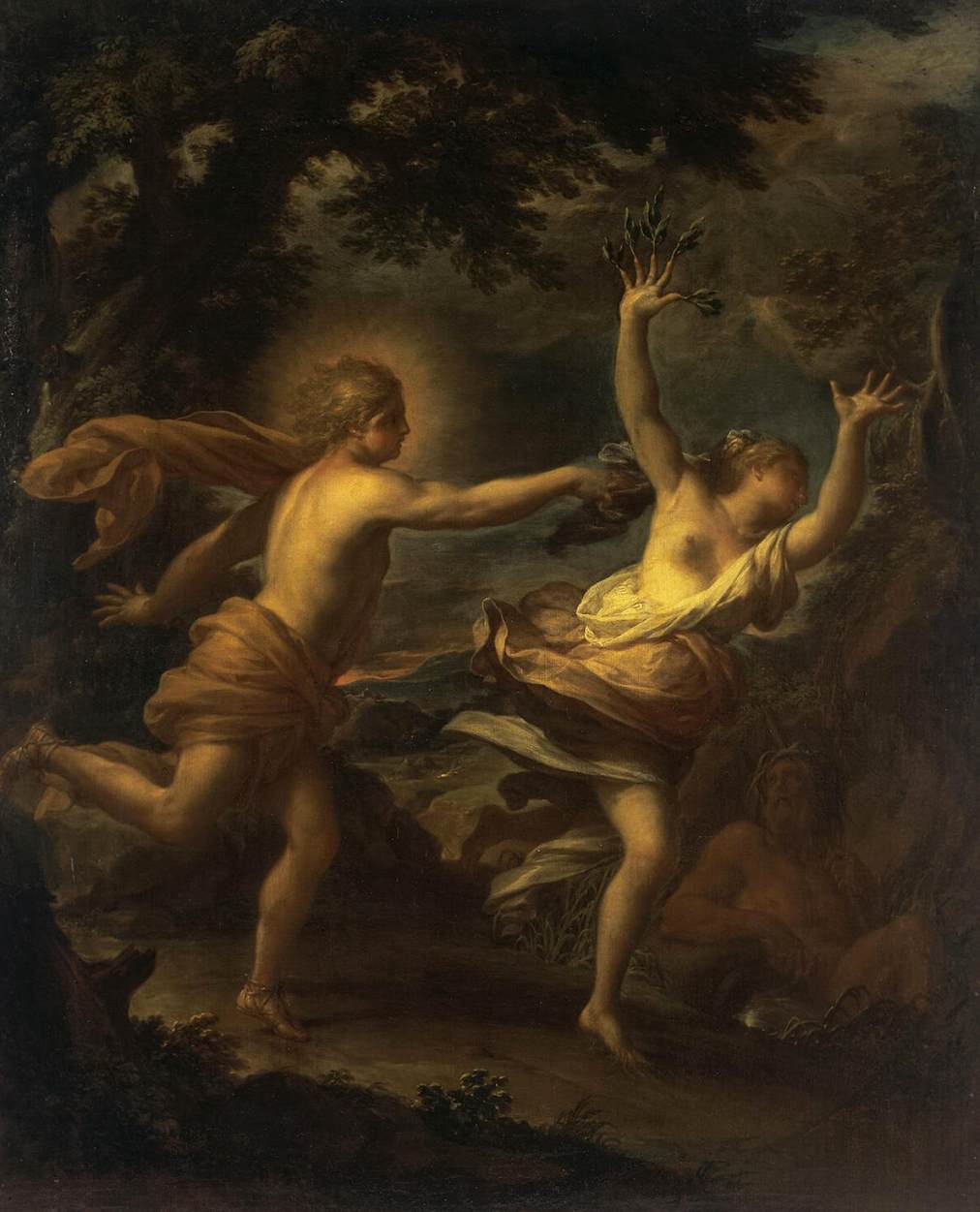
As I ended my previous post in this series, the postsecular moment has brought with it a broadening of application of the anti-Semitism the Horkheimer and Adorno describe with respect

In this series of posts, I have been reviewing Max Horkheimer and Theodor Adorno’s Dialectic of Enlightenment from a ‘post secular’ lens. In my last post, I was tracing the authors’ descriptions

I have been working through a reading of Max Horkheimer and Thedor Adorno’s classic work of Critical Theory, Dialectic of Enlightenment. I am particularly interested in the use of literary
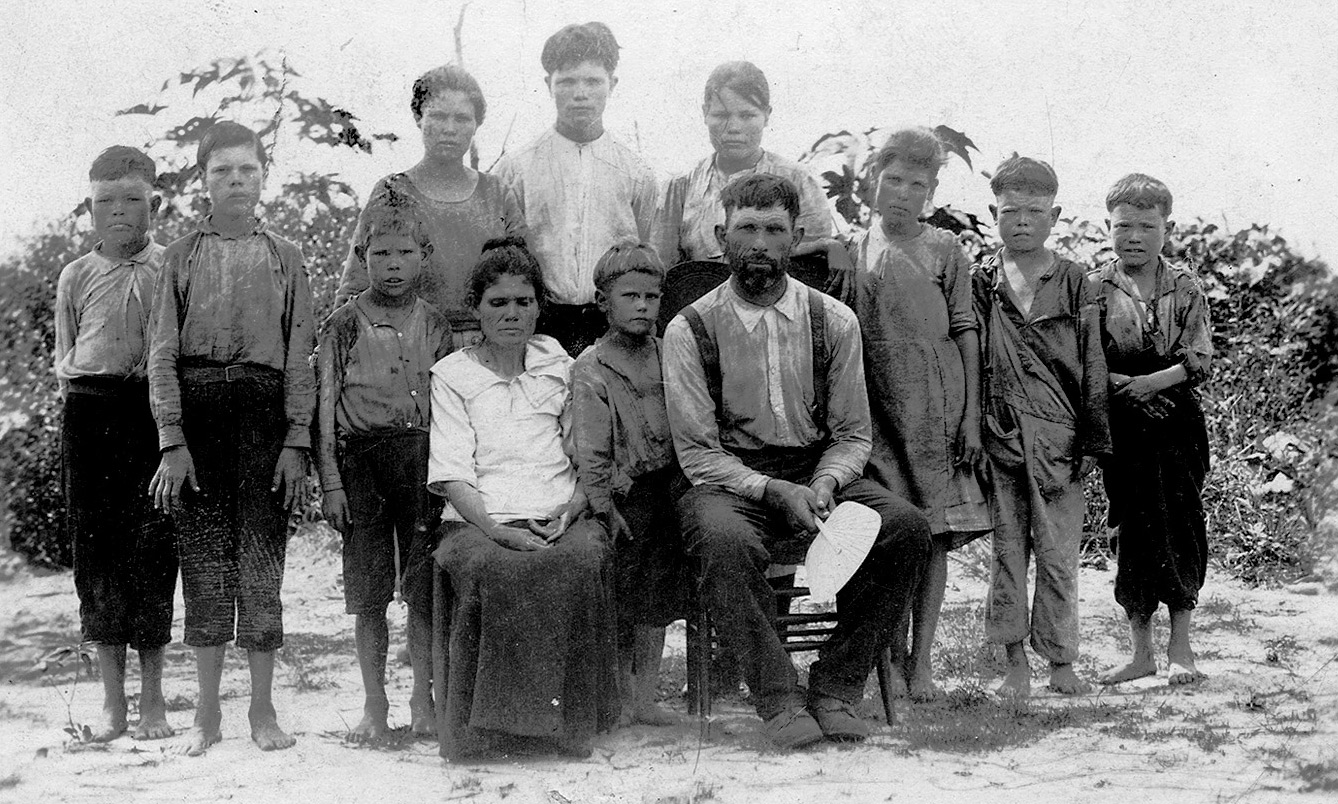
Shame as an affect, an emotion, or a feeling serves a critical purpose in the construction and maintenance of hegemonic power relations. Sara Ahmed defines it in her book The
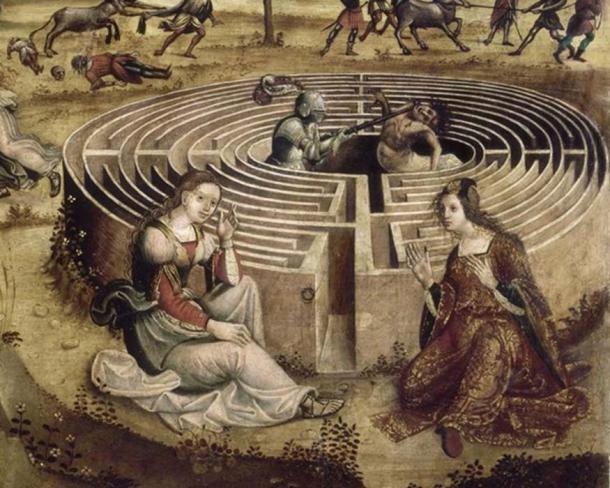
In my previous post, I took a turn from direct analysis of Dialectic of Enlightenment to engage with David Scott’s writing on tragic disposition in Conscripts of Modernity. I then focused

I am often perplexed, sometimes disturbed, and generally intrigued by the use of Literature in philosophical arguments. While there is a robust tradition of Marxian-influenced material critique within Cultural Studies,
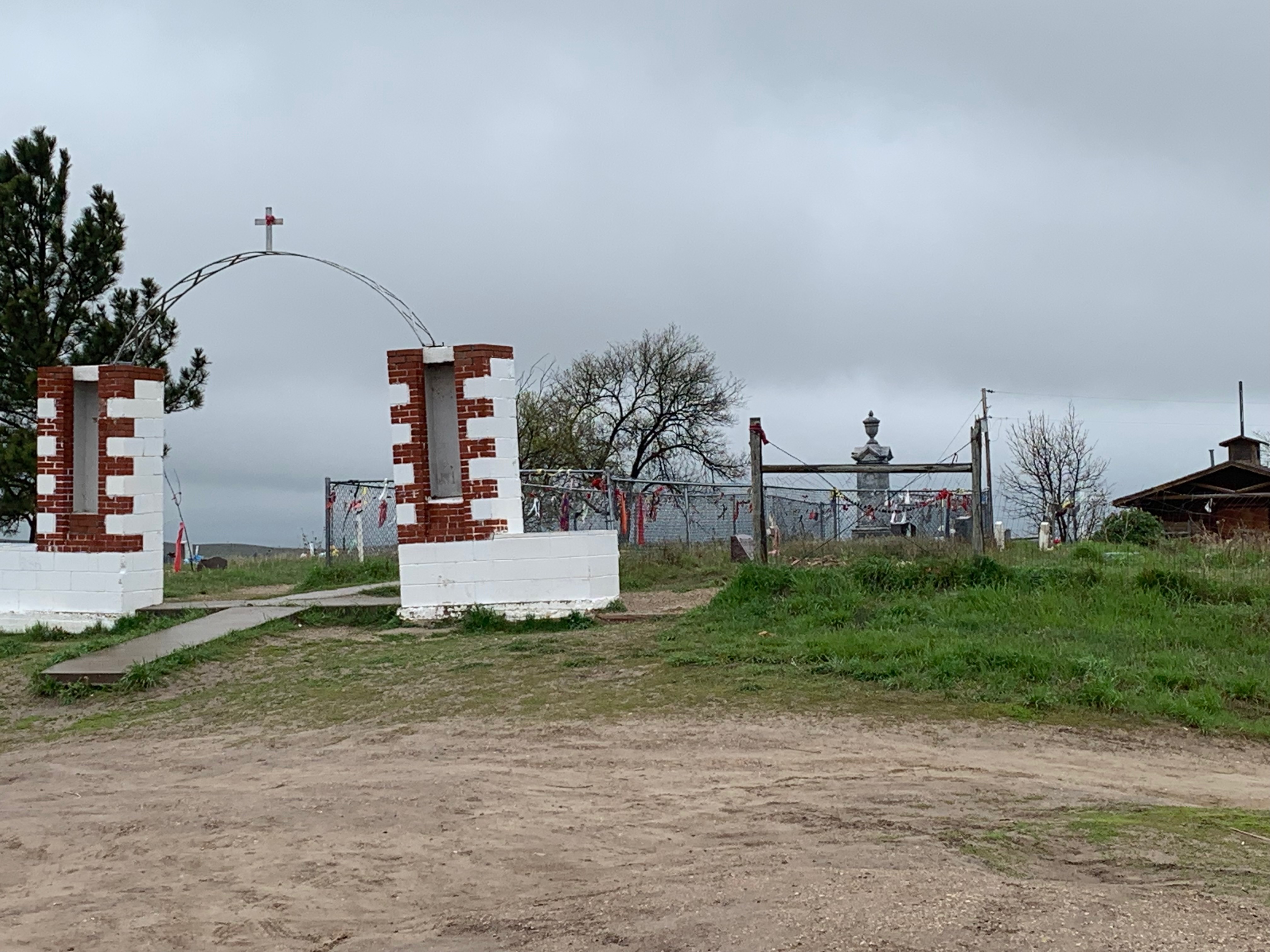
I ended my previous post pointing to a critique of Spirit in its eurochristian derivation. This series of posts has been based on a broader critique of Catherine Keller’s Political Theology of